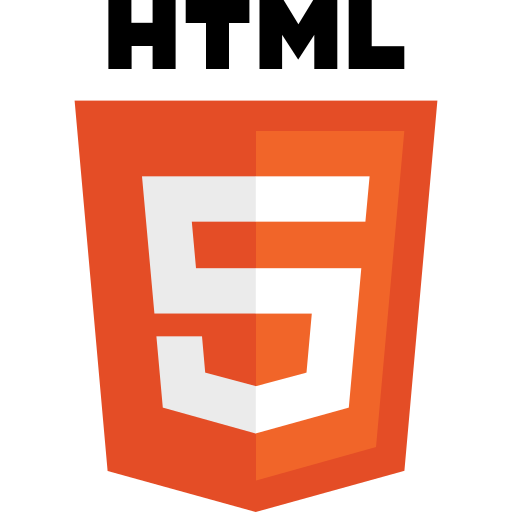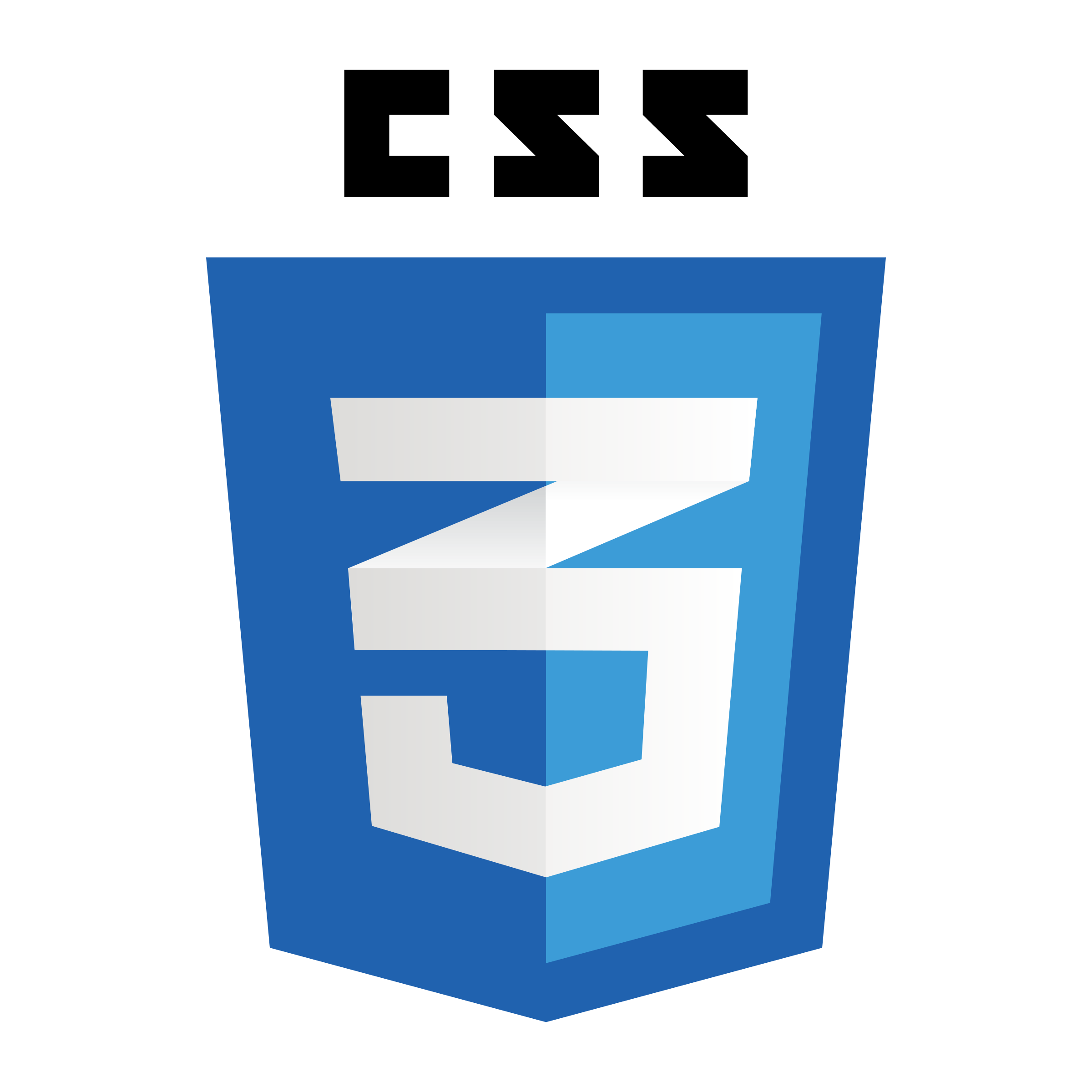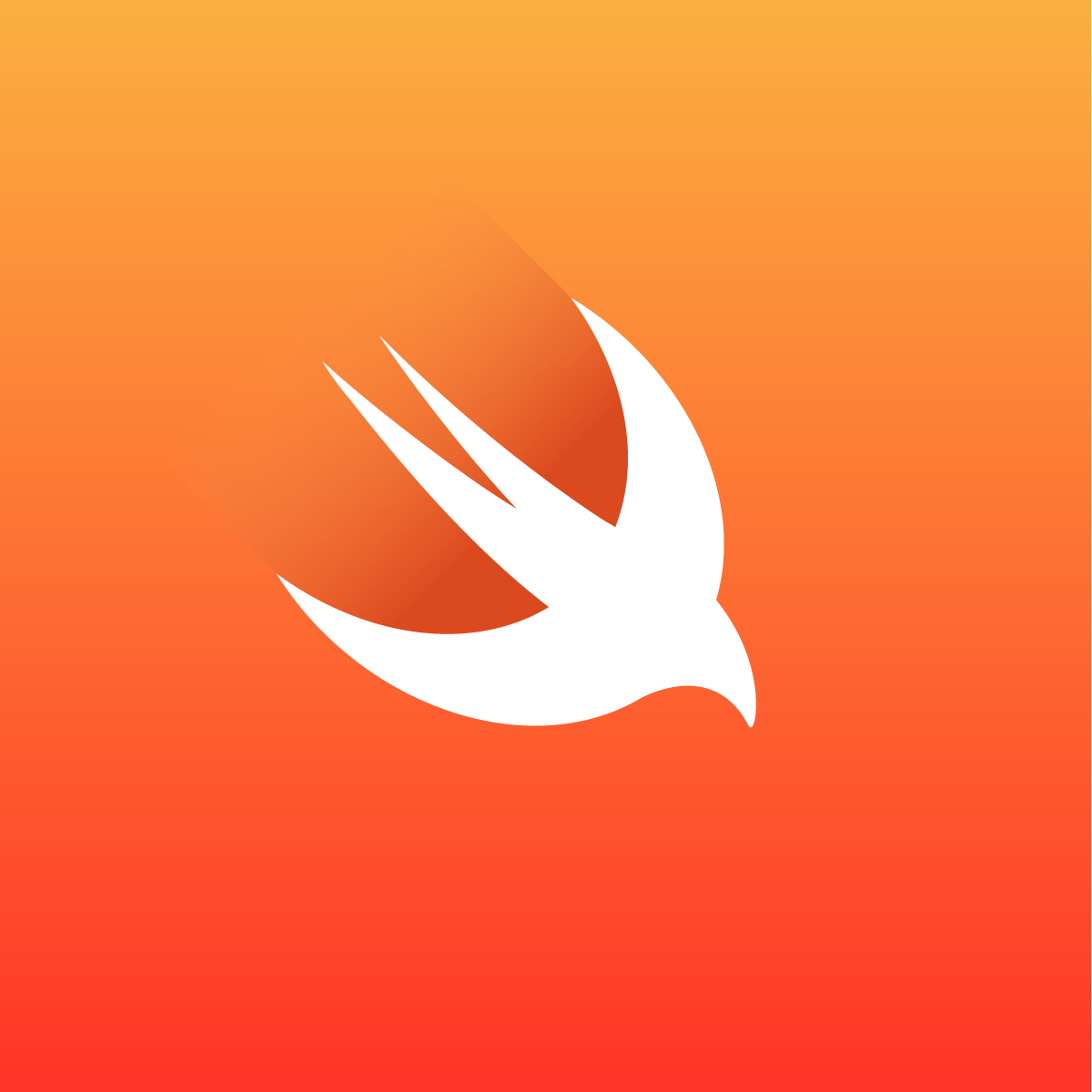From foundational concepts to advanced skills, the 'Software Developer Roadmap' is your personalized guide to thriving in software development.
More...
Looking at a coding career can be as thrilling as it is daunting, but with a solid software developer roadmap, the path becomes clear. We understand the zeal that fuels every budding programmer’s dream to launch a software developer career.
It starts with grasping the essentials of coding, immersing oneself in computer science fundamentals, and never stopping the learning engine.
Now, we will present you options for coding bootcamps, master prized programming languages.
Key Takeaways
Software Developer Roadmap: The Basics
It becomes imperative for us to grasp the multifaceted nature of software development. This universe is girded by foundational computer science principles and a myriad of software engineering methodologies that guide us in sculpting robust and innovative solutions. The languages we speak to computers—our programming languages—range in syntax and application but share the common goal of translating human logic into commands machines comprehend and execute.
What Is Software Engineering?
Software engineering is no mere act of writing code; it's a disciplined approach to analyzing user requirements, designing algorithms, and ensuring the seamless operation of digital systems across various platforms. Whether it’s creating captivating video games, functional mobile applications, or reliable systems software, the engineering process is central to the development of software products that align with the strategic objectives of businesses and provide value to the end-user.
Core Principles Behind Software Systems
The scaffolding that supports our software is built on core principles of computer science. Understanding data structures gives us the capacity to organize and manipulate data efficiently, while algorithms teach us the step-by-step procedures needed to solve problems. The cornerstone of our digital infrastructures, database architecture, ensures that we can store, retrieve, and manage data effectively in a variety of complex contexts.
The Evolution of Code: Commanding Computers with Precision
The precision with which we command our silicon-based companions hinges upon our aptitude to learn and adapt to new programming languages. This continuous evolution keeps us agile and anticipatory, ready to select the appropriate syntax that brings the most innovative concepts to life.
Programming Language | Primary Use Case | Notable Features |
|---|---|---|
Python | Web Development, Data Science, Automation | Ease of learning, comprehensive standard library |
JavaScript | Web Front-End, Server-Side (Node.js) | Interactivity, large community, versatile frameworks |
Java | Enterprise Applications, Android Dev, Game Engines | Platform independence, robust standard APIs |
C# | Windows Applications, Game Development | Strong typing, integration with .NET framework |
Go | System/Application Programming, Cloud Services | Concurrency support, efficient performance |
Which Coding Specialization to Select in a Software Developer Roadmap?
Aspiring developers, take heed: the path you choose in web development specialization will chart the course of your career. With a spectrum of paths, each with its nuanced skillset, it's essential to target the one that not only aligns with your interest but also meets the high-tier demands of AI and ML development, and cloud computing careers.
Front-End vs. Back-End: Crafting the User Experience
For those drawn to the aesthetics and interactivity of websites, front-end web development might be your calling. This role revolves around HTML, CSS, and JavaScript, the trifecta that breathes life into website designs. Conversely, if you're fascinated by data management and server-side mechanics, back-end development could be your arena, demanding a robust understanding of database systems, and server architecture. Both paths are equally critical to creating a seamless user experience.


Exploring the Realms of Mobile and Game Development
Isolated from traditional web development, mobile development entails crafting applications for iOS and Android platforms. The use of Swift and Kotlin remain prevalent in these sectors. On the other hand, game development offers a chance to develop interactive experiences across PC, consoles, and mobile devices.

Emerging Fields: AI, ML, and Cloud Computing
At the vanguard of technological innovation, AI and ML development, and cloud computing careers are expanding exponentially. These fields champion the creation of intelligent solutions and scalable cloud infrastructure, ensuring that one is at the forefront of tech's evolution.
Languages and Tools to pick based on the Software Developer Roadmap
We know how crucial the programming language selection is to the trajectory of our careers. Python emerges as a cornerstone for its simplicity and versatility, particularly appealing to those of us taking our initial steps into coding. It's not just a language; it's the gateway to a myriad of possibilities in software development essentials.
For those of us with a penchant for web development, JavaScript beckons with its power to animate website elements, creating immersive user experiences. Meanwhile, selections such as C#, PHP, and Ruby each hold their ground, offering specialized advantages for a diversity of project requirements. The mastery of these tools isn't just about logic and syntax; it encapsulates an artistic expression through the language of code.
As we cultivate our coding acumen, harnessing the right coding tools becomes an inseparable part of our routine. Utilizing esteemed online platforms like Codecademy and freeCodeCamp extends our capabilities, introducing us to new heights of programming proficiencies. Even more, services like TECHRITOMA Inc. embody the practical spirit of software construction. These resources serve as our companions, ensuring the knowledge we gain is both profound and current.
Let's not forget that our journey in software development is as much about the tools we choose as it is about the communities we engage with and the practices we adopt. The right tools not only make us more efficient but also unlock the full potential of our programming language selection, allowing us to craft not just code, but the very essence of technological innovation.
Your Personal Branding: Building a Portfolio That Speaks Volumes
Being a software developer entails more than just mastering coding languages and technology stacks; it also requires the creation of a unique personal brand. A comprehensive and well-presented coding portfolio development underscores our dedication and competence in the field. It's not just a collection of projects; it's the storytelling medium through which we communicate our software developer personal branding. Let's see how we can ensure our portfolio accurately reflects our skills and helps us stand out in tech.
Showcasing Your Projects: Let Your Code Do the Talking
When it's time to showcase coding projects, we believe that the quality of the work speaks louder than quantity. By meticulously selecting projects that highlight our expertise in various aspects of development, we can demonstrate a versatile range of abilities to potential employers or clients. Each project is an opportunity to articulate our approach to coding challenges, our innovative solutions, and our capacity for critical thinking.
Portfolio Tips for Software Developer Aspirants
For those of us aspiring to make an indelible mark on the tech world, our portfolio is our blueprint to success. To ensure it captures the essence of our skills and potential, coding portfolio development must be approached with a strategy in mind.
- 1Keep It Updated: Regularly refresh your portfolio with new projects and remove outdated or less relevant work.
- 2Present Clear Documentation: Attach well-documented README files that succinctly describe the purpose, technologies used, and the development process of each project.
- 3Maintain Clean Code: Prioritize readability and simplicity in your code to make it accessible to others.
- 4Showcase Variety: Include a diverse array of projects that exhibit different skills, such as front-end design, back-end logic, or full-stack capabilities.
- 5Share the Story: Infuse your portfolio with personal anecdotes or blog posts that depict the thought process behind your projects.
Software Developer Roadmap: A Path to Continuous Growth
In our pursuit of software development growth, it's vital that we immerse ourselves in the wave of continuous learning to harness the power of emerging technologies. We strive to not merely adapt to the dynamics of the tech industry but to become pioneers who shape its future through mastery and innovation.
Keep Up with Emerging Technologies and Best Practices
The sphere of software development is continually reshaped with new languages, tools, and frameworks. We actively seek knowledge on the latest developments, integrating new programming paradigms and best practices into our repertoire.
Finding Learning Resources and Communities
We don't trek this journey alone. The community and shared resources form the backbone of our learning ecosystem. Platforms such as GitHub offer a treasury of collaborative experiences through open-source projects, which are instrumental in refining our coding skills. Similarly, tech conferences and hackathons provide us with a playground for innovation and networking, ensconcing us in a community brimming with mentorship and peer-based learning opportunities.
Your Journey with Passion and Curiosity
Our journey is not solely defined by what we learn but also by the zeal with which we learn it. Passion and curiosity are not mere buzzwords but the essence of our ethos in software development. The challenges we face are complex and demanding, yet they are what make this path intriguing and fulfilling. Each problem we solve and each line of code we write is a step forward in an enriching career, like web development, that promises as much personal satisfaction as it does professional prowess.
FAQ
How do I start a coding career?
Starting a coding career begins with learning the fundamentals of programming and understanding computer science principles. Aspiring developers should enroll in coding classes or bootcamps, focusing on languages such as Python and Java, and gain practical experience through personal projects and collaboration.
What is software engineering and why is it important?
Software engineering is the process of designing, building, testing, deploying, and maintaining software. It's crucial in creating diverse applications for web and mobile platforms, systems software, and video games, providing strategic solutions to meet user and business needs.
What are the core principles behind software systems?
Fundamental principles like data structures, algorithms, and database architecture are at the heart of software systems. They provide the foundation for creating robust and efficient software solutions.
How has coding evolved in software development?
Coding has evolved to require more precise command over computers with an understanding of various programming languages and methodologies. Continuous adaptation to new languages and tools is key for effective problem-solving.
What are the differences between front-end and back-end development?
Front-end development focuses on the user interface and experience using languages like HTML, CSS, and JavaScript, while back-end development deals with server-side logic, databases, and server architecture to ensure that the front-end has the data and functionality it needs.
What roles do mobile and game development play in the tech industry?
Mobile development is dedicated to creating apps for platforms like iOS and Android, while game development can range from PC to console and mobile platforms. Both are key areas in the industry, offering entertainment and utility to users, and pushing the envelope in software performance and design.
Why are emerging fields like AI, ML, and cloud computing important to software developers?
AI, ML, and cloud computing are rapidly growing domains. They demand new skills from software developers who must create innovative and scalable solutions that leverage these cutting-edge technologies.
How do I choose the right programming language for my software development career?
The choice of programming language is determined by your interest area and project requirements. Consider starting with versatile languages like Python, or focus on HTML, CSS, and JavaScript for web development. Utilize resources like Codecademy or freeCodeCamp to explore different languages and find the one that aligns with your passion and project needs.
What should be included in a software developer's portfolio?
Your portfolio should showcase your best projects, highlighting technical abilities, problem-solving skills, and creativity. Include detailed documentation, clean and readable code, and explain the challenges you tackled and the solutions you implemented. This will demonstrate your expertise to employers and clients.
How can I grow continuously as a software developer?
Continuous growth involves keeping up with emerging technologies and best practices, participating in learning resources such as tech conferences and hackathons, and engaging with communities through platforms like GitHub. It requires passion, curiosity, and a commitment to learning and overcoming challenges throughout your career.
What is the importance of learning resources and communities in a developer's journey?
Learning resources like online coding platforms and tech communities are vital for collaborative learning, knowledge sharing, and networking. They provide exposure to different perspectives, problem-solving strategies, and the latest industry trends, which are essential.
How do I stay updated with emerging technologies and best practices in software development?
To stay updated with emerging technologies and best practices, subscribe to tech news sources, follow industry leaders, join forums and discussions, attend webinars and workshops, and continuously practice and improve your coding skills with the latest tools and techniques.
